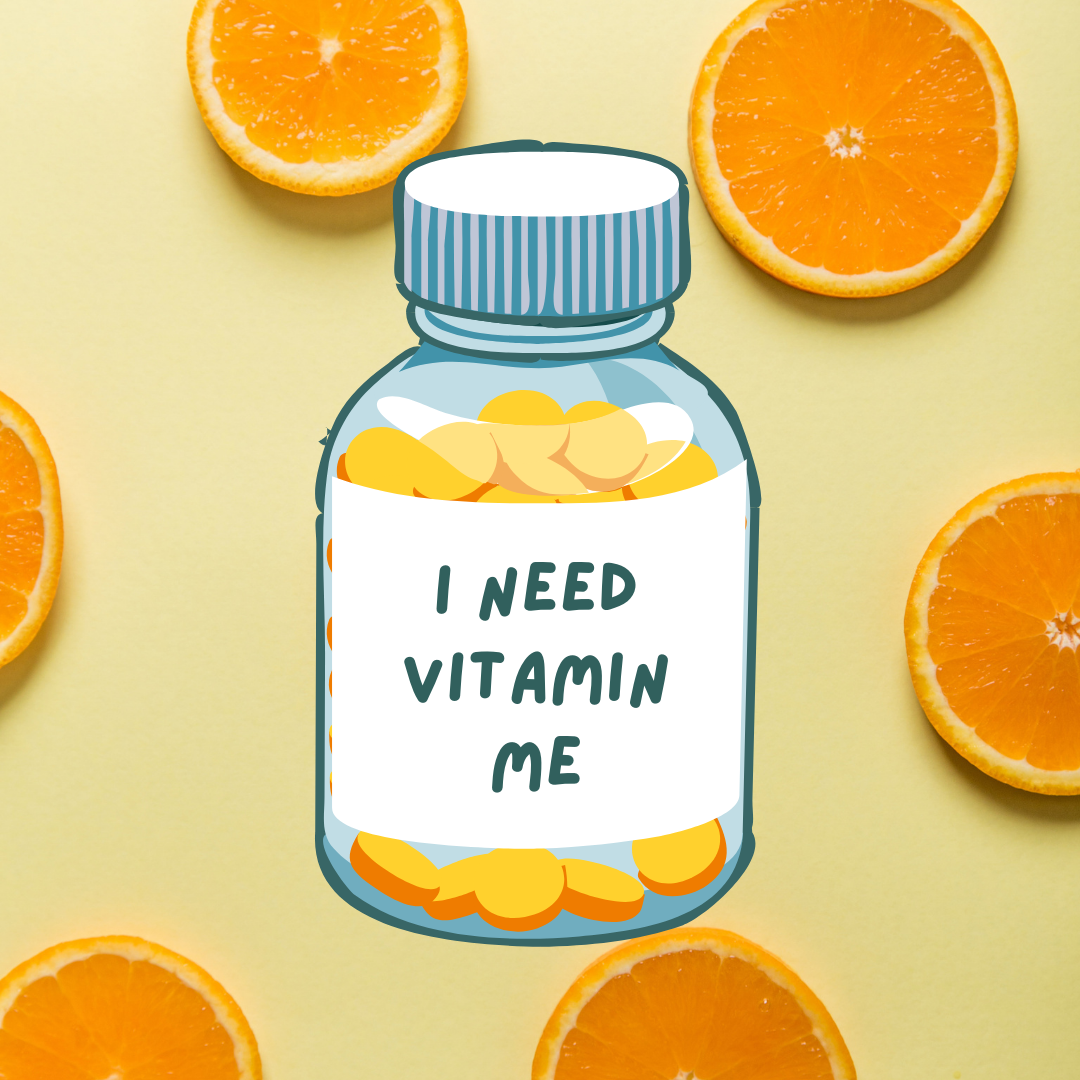
This is a good question! A lot of people get intimidated by the idea of going to get supplements and when it comes to the idea of vitamins. There are hundreds of different bottles all with different things in them and nobody knows what to do or what to pick. Is it worth the hassle? Can’t you just eat better?
Your diet and what is missing
In an ideal world, we would be able to get every nutrient we need from food which is easy to get a hold of and affordable. Unfortunately, most people don’t have that ability. One common example being how we have iodine issues in the Midwest. Iodine is a nutrient your body needs to function properly and allows the thyroid to do its job. You mostly get that from seaweed and certain fish, which we don’t have here. Getting those items can be costly or just flat out impossible for a lot of people, so we have iodized table salt. This is an example of supplementing your diet to make it more ideal, and to make sure you are functioning at your best. We should always strive to have a full and complete diet, but recognize where we fall short and add things in to fill those gaps.
Deficiency vs. Optimization
When wondering if it is, “worth it” you have to consider your goals and what you are buying. Are you low on something and your doctor is looking to add some stuff in? Or do you want to be as healthy as possible? For example, there aren’t many people in the USA with scurvy, but taking vitamin C in the proper forms can help lower your risk of cancer. If you fall into the deficiency camp, you should follow your doctor’s recommendation. If you’re wanting to optimize health and your personal function, a multi-vitamin and fish oil are good jumping off points. But the QUALITY of the supplement makes a huge difference.
Quality of supplements? How do you tell the difference?
There are a lot of supplements out there, and not all of them are great. Some contain a lot of fillers and artificial ingredients that make it harder for your body to process. This results in the person, at best, not absorbing the nutrients that the supplement is meant to give. In this instance, it wouldn’t be worth it. You would be eliminating most of the active ingredients down the toilet, along with your money. Instead, you can look for whole food supplements.
What’s a whole food supplement?
That would be a set of supplements that are derived from more natural sources. This would be on the label of the bottle. Usually, they would have it listed somewhere that it is a “whole food supplement”. If you can’t find that exact wording somewhere, then read the ingredients list. There it would say something like, “Vitamin A ….. from carrot”. Those are your best bets for maximizing the effectiveness of what you are deciding to take. Another marker of a good supplement, is that some kind of 3rd party testing was done to verify that it is what it says it is. Most supplements are not regulated by the FDA, so some go to the market without any kind of testing whatsoever.
This isn’t an extensive list of how to find the perfect supplement, but some good guidelines to help you out. If you have any questions about the supplements you are currently taking, or are wanting to take, let us know! We would love to help you on your journey of health.

